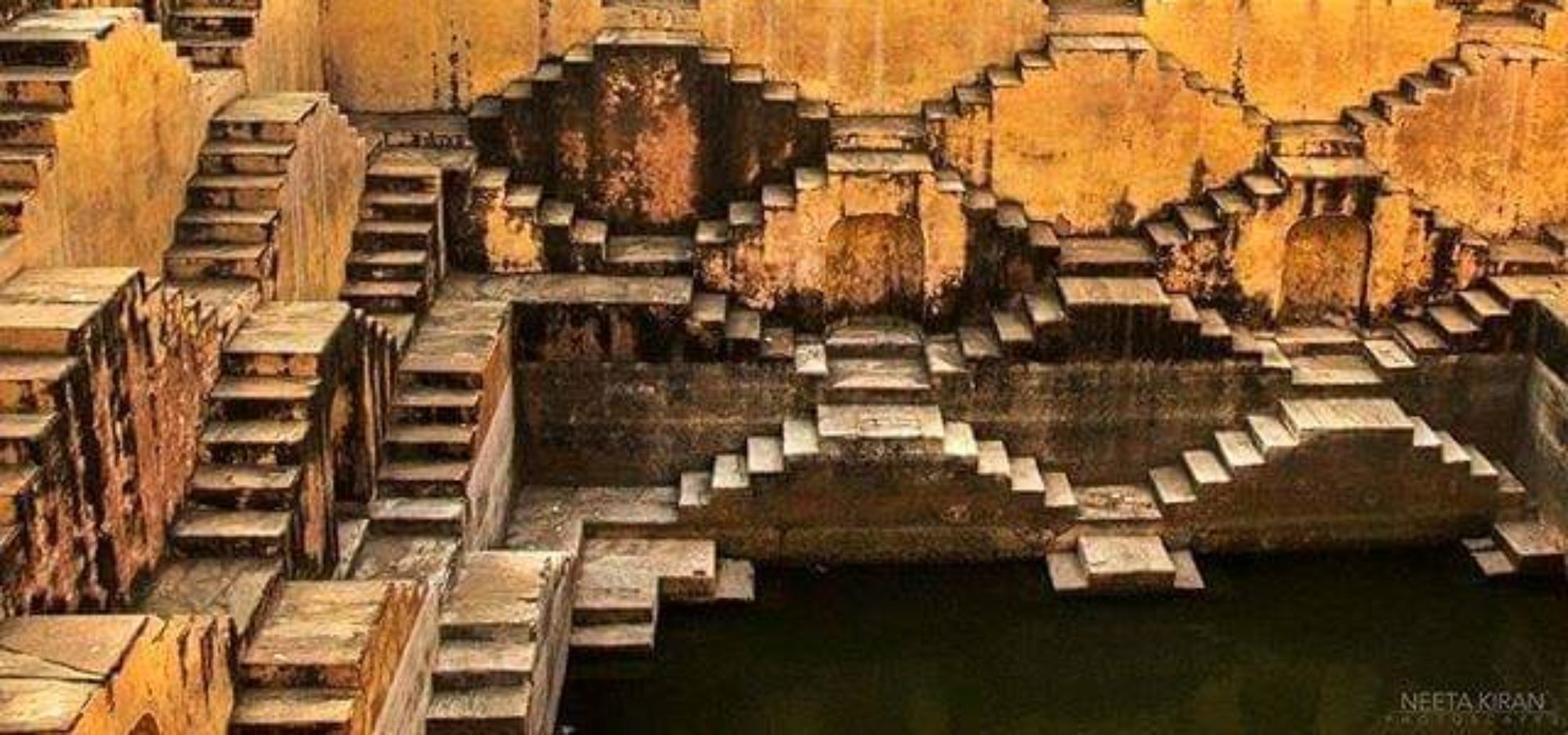Note: This article is divided in two pages and it is worth reading. Please read till the end.
I wonder how many of us recall the Civil Disobedience movement of pre-Independent India. Under Mahatma Gandhi’s guidance, India showed the world a practical and ethical political resistance which shook the British colonizer like no other form of protests could.
Before Gandhi, two other great men, Leo Tolstoy and Henry Thoreau, had also spoken about the need for such an action to check the excesses of the ruling power, whether monarchy or government. But it is the Indian action which stands out for its grand expression of moral force – never before or since has Civil Disobedience been enacted in society by a united population, a movement which yielded far-reaching results.
Civil Disobedience means a passionate commitment to resistance – to resisting things evil, wrong, violent, unjust. It is this moral force, what Mahatma Gandhi called soul-force, that made possible for Indians to break the British Salt Law, to reject and return foreign textiles in favour of khadi and to withdraw cooperation to State institutions to resist exploitation and injustice.
Did the Mahatma tell us to stop this practice after political independence? On the contrary, Gandhi saw non-violent Civil Disobedience as a necessity, because, he said, “the State represents violence in a concentrated and organised form. The individual has a soul, but as the State is a soulless machine, it can never be weaned from violence to which it owes its very existence”.
This crucial point was overlooked in the euphoria of Independence, and then it was systematically dismantled from the minds of new generations. We have forgotten therefore that the State, in its evolving form of modern government, is primarily a creature of colonial behaviour which feeds on power and violence.
If we look at this carefully, we can see that the modern democratic government is itself in a primitive state of evolution, and real, qualitative, progress can only happen if we have the continued expression of constructive Civil Disobedience to keep its power in check. Otherwise the State runs amok. And when all States of the world are running amok, it is a time of great danger to humanity.
(End of page 1/2)



Leave a Reply